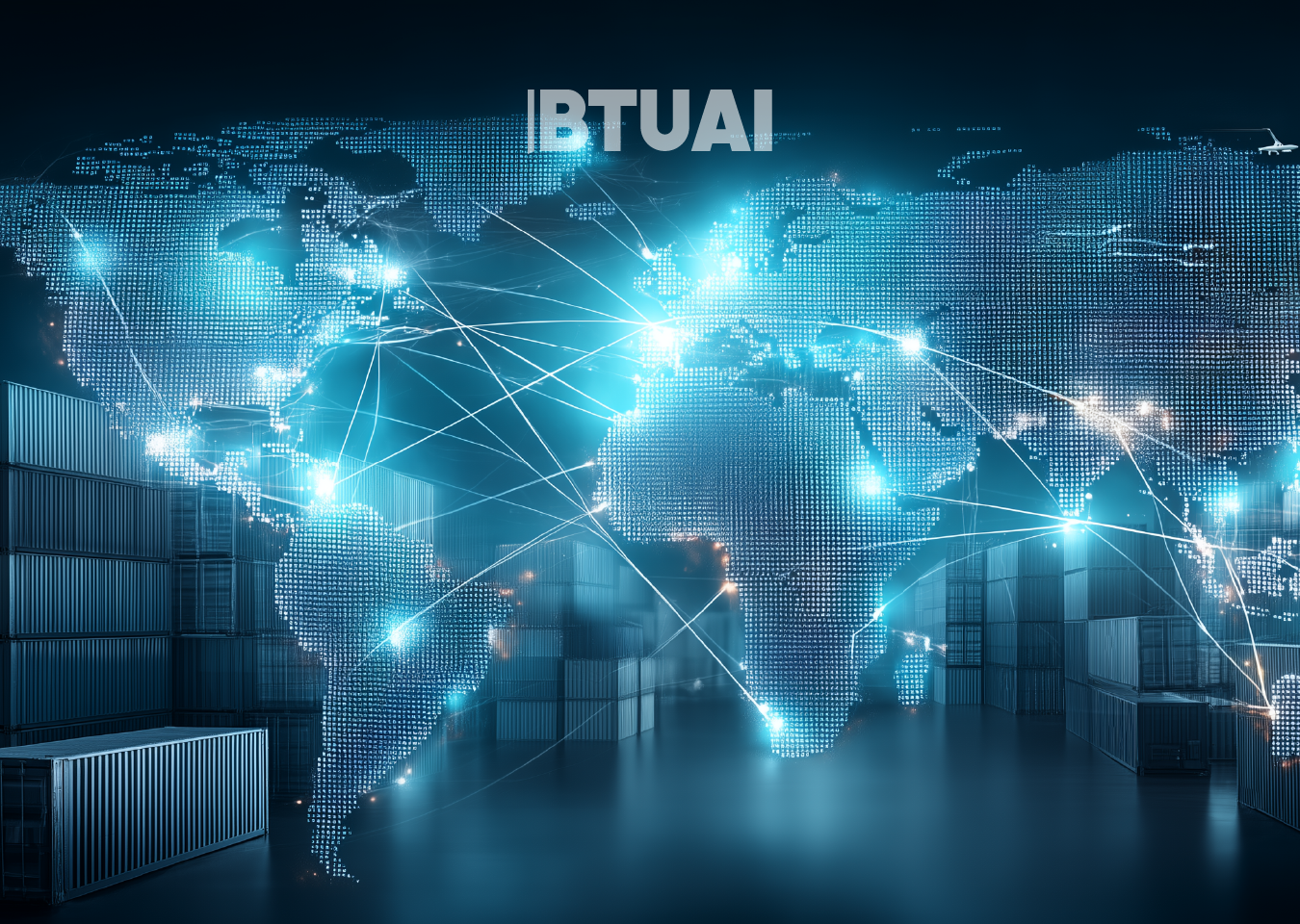Trade Fragmentation in 2025: Is the WTO Losing Global Relevance?
For decades, international trade operated under the assumption that a unified global system—anchored by the World Trade Organization (WTO)—would

For decades, international trade operated under the assumption that a unified global system—anchored by the World Trade Organization (WTO)—would ensure fair competition and peaceful dispute resolution. But by 2025, that assumption is under strain. Trade fragmentation has accelerated, driven by geopolitics, regulation, and subsidy races that are openly undermining the WTO’s influence.
One of the clearest signals came in early 2025, when the United States sharply escalated tariffs on Chinese imports. In January, citing national security and fentanyl-related concerns, the Trump administration imposed a 10% blanket tariff on all Chinese goods. This rose to 20% in March, and by April, selected sectors were subject to tariffs as high as 54%. On April 9, the U.S. announced a dramatic hike to 125% tariffs on Chinese high-tech and green energy products. China responded with reciprocal 125% tariffs on all U.S. imports. This marked one of the most severe trade escalations in recent history.
The result has been a surge in global value chain reorganization. Companies are accelerating “China+1” strategies, relocating production to Vietnam, Mexico, India, and other alternatives. Meanwhile, U.S. and European firms are actively reducing dependence on Chinese components, especially in sensitive sectors like semiconductors and batteries.
Amid this turmoil, the WTO is effectively sidelined. Since 2023, its appellate body has remained paralyzed after the U.S. blocked new appointments, making it unable to settle disputes. As a result, member countries are increasingly bypassing WTO mechanisms. Regional and bilateral trade pacts—like RCEP in Asia or new U.S.-led Indo-Pacific economic frameworks—are gaining ground, forming parallel systems outside the WTO’s rulebook.
What’s emerging is a shift away from multilateral free trade toward a world of strategic economic blocs. Massive subsidy programs like the U.S. Inflation Reduction Act and the EU’s Net-Zero Industry Act are fueling green tech investment but are also viewed as protectionist moves by producers in Asia, particularly in China. Export controls on sensitive technologies, especially in the chip industry, further amplify this trend.
As of Q1 2025, data from Global Trade Alert indicates a record number of trade-restrictive measures globally—over 3,000 active policies in the past 12 months, nearly four times the average of the 2010s.
In this environment, the WTO is no longer shaping the rules of the game—it is fighting to remain relevant. The global trading system is evolving into a patchwork of alliances, techno-nationalist agendas, and power-driven calculations. Trade is no longer neutral or universal—it is becoming a competitive geopolitical instrument.




